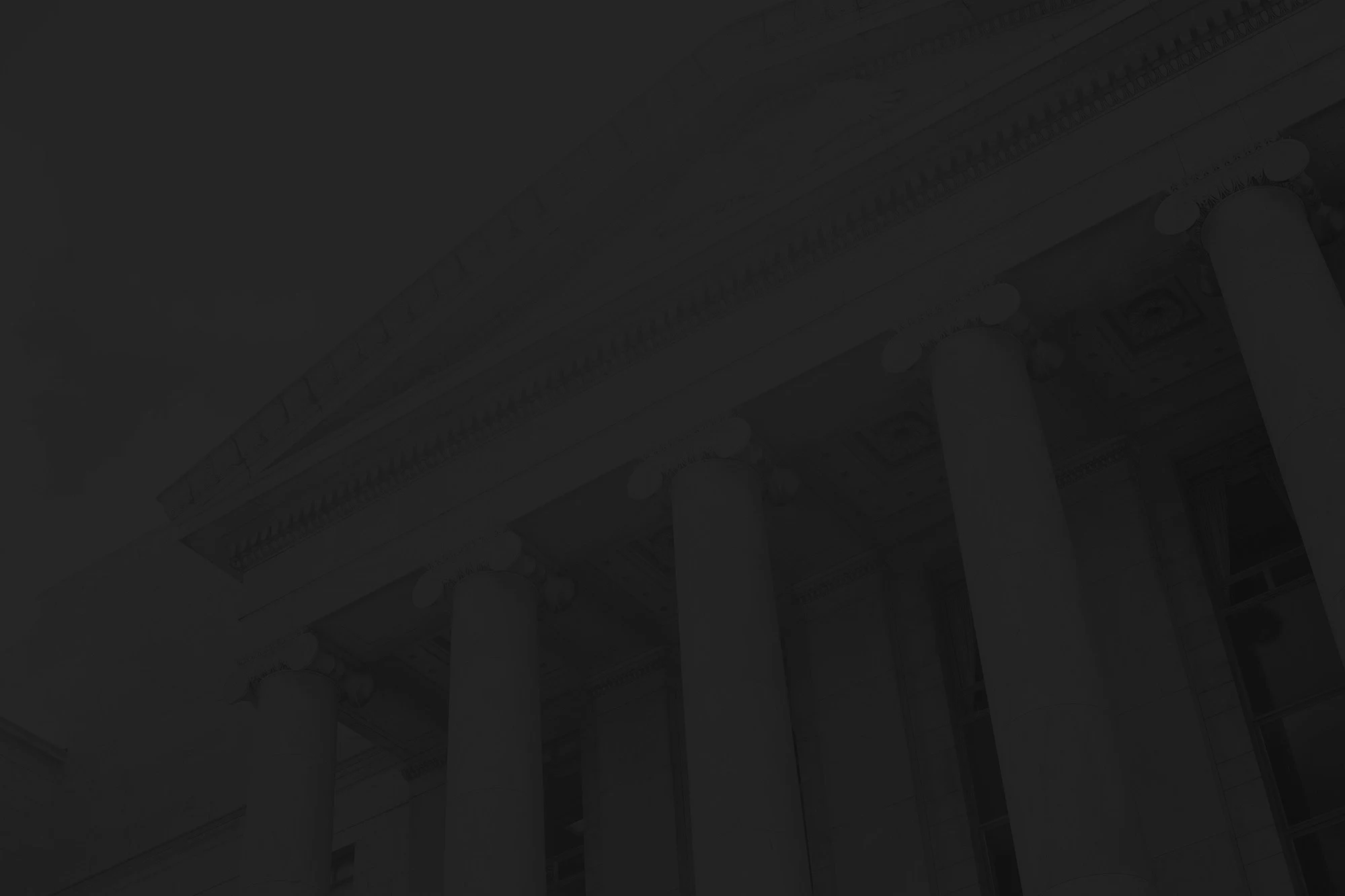
Blockchain Use Cases
Blockchain in Government and the Public Sector
Governments and public sector organizations leverage blockchain technology to move away from siloed and inefficient centralized systems. Current systems are inherently insecure and costly, while blockchain networks offer more secure, agile, and cost-effective structures.
What are the Benefits of Blockchain in Government and the Public Sector?
A blockchain-based digital government can protect data, streamline processes, and reduce fraud, waste, and abuse while simultaneously increasing trust and accountability. On a blockchain-based government model, individuals, businesses, and governments share resources over a distributed ledger secured using cryptography. This structure eliminates a single point of failure and inherently protects sensitive citizen and government data.A blockchain-based government has the potential to solve legacy pain points and enable the following advantages:
Secure storage of government, citizen, and business data
Reduction of labor-intensive processes
Reduction of excessive costs associated with managing accountability
Reduced potential for corruption and abuse
Increased trust in government and online civil systems
The distributed ledger format can be leveraged to support an array of government and public sector applications, including digital currency/payments, land registration, identity management, supply chain traceability, health care, corporate registration, taxation, voting (elections and proxy), and legal entities management.
What are the Blockchain Use Cases in Government and the Public Sector?
How will blockchain impact smart cities?
A smart city uses information technology and data to integrate and manage physical, social, and business infrastructures to streamline services to its inhabitants while ensuring efficient and optimal utilization of available resources. In combination with technologies, IoT, cloud computing, and blockchain technology, governments can deliver innovative services and solutions to the citizens and local municipalities. Blockchain can provide the mechanism to create a secure infrastructure to manage these functions. Specifically, it can provide a secure interoperable infrastructure that allows all smart city services and functions to operate beyond currently envisioned levels. ConsenSys has worked toward realizing smart city initiatives in Dubai and Zug.
How will blockchain impact central banking?
Real-time gross settlement is the continuous process of settling interbank payments in central bank records as opposed to settlement at the end of each day. Blockchain enables a significant increase in transaction volume and network resilience which enables central banks to process RTGS at a faster pace, with heightened security.
How will blockchain streamline the validation of educational and professional qualifications?
Keeping academic and professional attainment data on an encrypted identity wallet empowers individuals to control access to their data. It also enables schools, universities, and employers to validate “attestations” for courses and work achieved.
How will blockchain technology impact vaccination tracking?
Recording vaccination data on the blockchain enables schools, insurance, and medical providers to validate vaccinations quickly. This process automatically triggers corresponding micropayments and delegates access to benefits based on medical status.
How will blockchain technology manage tracking student loans and grants?
Smart contracts can be programmed to manage loan and grant applications, dispense loans, and track compliance with the terms and conditions. This automated performance tracking enables real-time data and increased transparency, compliance, and security.
How will blockchain technology impact the collection of payroll tax?
Smart contracts can streamline the tax collection process by matching tax data with income transactions and calculating tax and social security deductions. A blockchain-based system automatically transfers net salary and tax payments to their respective recipients. Coordinated automation brings efficiency, speed, and security to tax collection.

"We, as a company and an industry, have a unique opportunity to restore trust between people and institutions. By acting responsibly today, we can help make sure we are collectively able to reap the benefits of this powerful technology tomorrow.”
Joe Lubin
Cofounder of Ethereum and Founder of Consensys